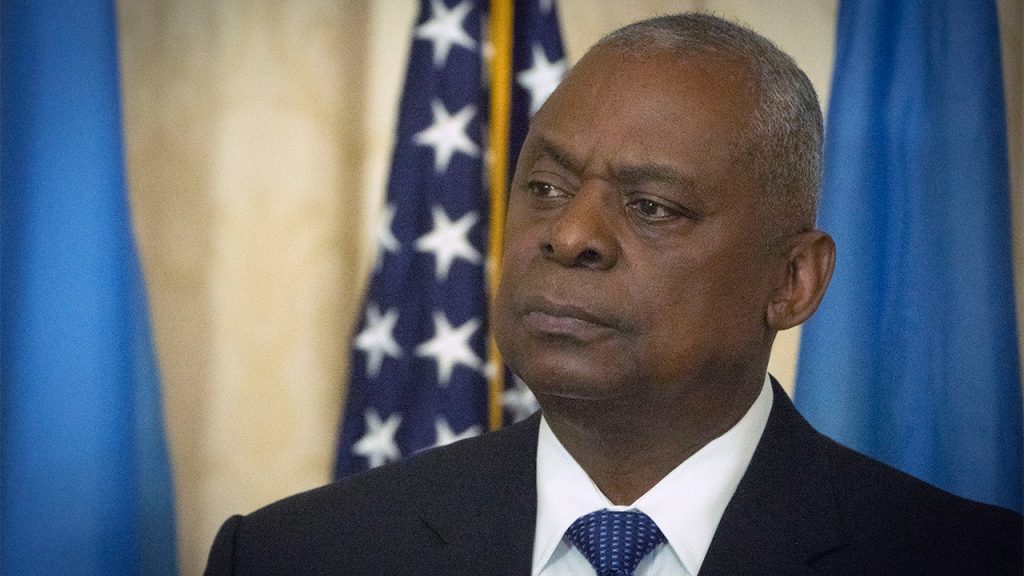The legal saga surrounding the 9/11 attacks took a significant turn with a military appeals court ruling against Defense Secretary Lloyd Austin’s attempt to nullify plea deals for Khalid Sheikh Mohammed and two other co-defendants. This decision revives the possibility of these men pleading guilty in exchange for avoiding the death penalty, a prospect that has sparked both hope for closure and controversy. The plea agreements, reached after extensive negotiations, represent an attempt to resolve the complex legal challenges that have plagued the case for over a decade. The pretrial hearings, held at the Guantanamo Bay naval base, have grappled with issues stemming from the torture these men endured in CIA custody, raising concerns about the admissibility of evidence and the fairness of the proceedings.
The heart of the dispute lies in Secretary Austin’s assertion of his authority to overturn the plea deals, citing the immense gravity of the 9/11 attacks. He argued that, as defense secretary, he held the ultimate responsibility for decisions involving the potential execution of individuals accused of such a heinous crime. Defense lawyers countered that Austin lacked the legal standing to interfere with a process already approved by the Guantanamo court’s highest authority, accusing him of unlawful intrusion in the judicial process.
The military appeals court’s decision affirms the defense’s position, effectively reinstating the plea agreements and paving the way for the defendants to potentially plead guilty. While this outcome offers a path towards concluding the protracted legal battle, it also reignites the debate surrounding the appropriate punishment for those responsible for the devastating attacks that claimed nearly 3,000 lives and forever altered the course of American history. The ruling reopens the possibility of a resolution that avoids the death penalty, a scenario that many find unacceptable given the magnitude of the crime.
This development unfolds against the backdrop of ongoing efforts to address the future of the Guantanamo detention facility. The recent repatriation of Ridah bin Saleh al-Yazidi, a Tunisian detainee held for two decades, highlights the Biden administration’s commitment to reducing the prison population. Al-Yazidi’s transfer leaves 26 detainees at Guantanamo, a stark contrast to the peak of nearly 700 following the 9/11 attacks. Fourteen of the remaining detainees have been cleared for transfer, but their release hinges on finding suitable host countries willing to accept them.
The administration faces considerable pressure from human rights organizations to expedite the release of detainees held without charge, adding another layer of complexity to the already challenging task of navigating the legal and political ramifications of Guantanamo’s legacy. The interwoven threads of the 9/11 case and the broader Guantanamo situation underscore the enduring challenges of balancing national security concerns with the principles of justice and human rights.
The military appeals court’s decision marks a pivotal moment in the long and arduous pursuit of justice for the victims of 9/11. It presents a potential avenue for closure, while simultaneously reigniting difficult conversations about accountability, punishment, and the long-term implications of decisions made in the aftermath of a national tragedy. As the legal proceedings continue, the nation grapples with the complexities of balancing the pursuit of justice with the imperative to uphold the rule of law, even for those accused of the most heinous crimes. The path forward remains uncertain, but the court’s ruling undeniably shapes the landscape of the ongoing legal battle and the future of the Guantanamo detention facility.

